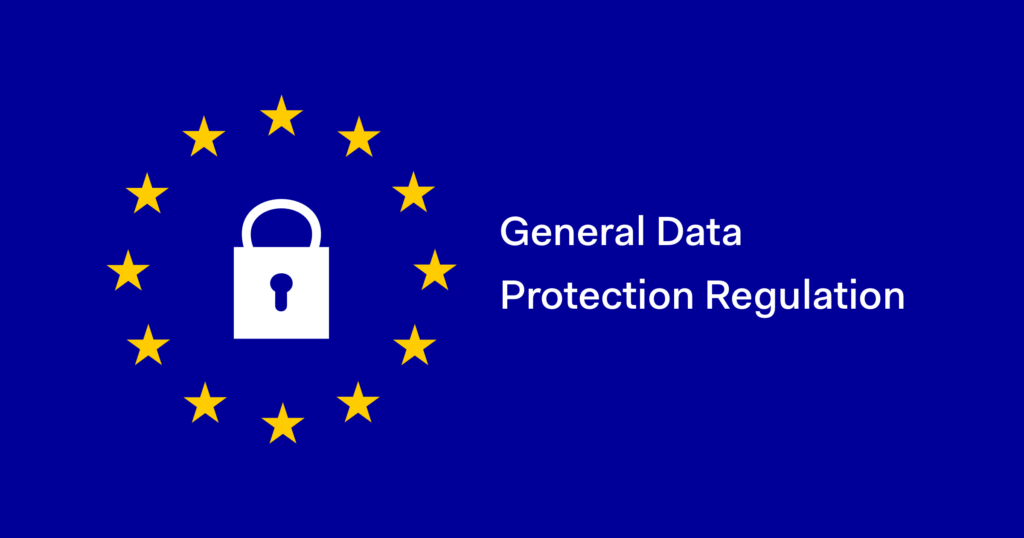
The right to be forgotten
Since the Google Spain judgment, I have been regularly called by clients with the question whether they can have negative search results removed by Google. In the judgment in question, the European Court of Justice created a ‘right to be forgotten service‘, which has caused a lot of commotion in the ICT world. However, the Google Spain judgment does not aim to protect individuals from all negative messages on the Internet, but only from being haunted for a long time by messages that are irrelevant, excessive or unnecessarily defamatory. The fact that these criteria are not met quickly follows from a recent judgment by the Amsterdam District Court.
Negative search results
The matter involved the following. A KPMG partner had a dispute with his contractor about an unpaid bill, about which De Telegram and consultancy.nl had published an article. The KMPG partner wanted Google to remove the URLs that point to the articles, because he experiences a lot of problems with the articles in daily life. For example, he is often approached about the issue at his children’s school or at the hockey club. In addition, customers google his name and he foresees that the search results will hinder him in finding a new job in the future.
Social function search engine
The preliminary relief judge rejects the claims of the KPMG partner. First of all, she argues that restraint is required when imposing restrictions on the operation of a search engine such as Google Search, partly in view of its important social function. After all, search engines help the internet user – in the ocean of information that the internet offers – to find what he or she is looking for. Strict restrictions on the operation of search engines can hinder this important social function.
Also read: right to be forgotten help
Information essentially correct
Furthermore, the preliminary relief judge considers that the application of the so-called right of removal is mainly concerned with the relevance of the search results found, and not so much with the question of whether the contents of the articles found are themselves inadequate, irrelevant or excessive. The preliminary relief judge is of the opinion that the URLs shown by Google are correct and relevant as a search result for a search query for the name of the KPMG partner. After all, the web pages in question are about him. In addition, the information is essentially correct. The KPMG partner has admitted that he had a conflict with his contractor about an invoice of € 200,000.
Information Freedom Google
A comparison with the Google Spain judgment does not hold, according to the preliminary relief judge. After all, that case concerned a search result that led to a publication from 16 years earlier. Also, there are no compelling or legitimate reasons for the removal of the search results. The fact that the claimant finds it unpleasant to be confronted with the issue by acquaintances is perfectly conceivable, according to the preliminary relief judge, but does not outweigh Google’s right to freedom of information.
Conclusion
The Google Spain judgment does not by definition give the internet user a right to have any negative messages removed by Google. There is a strict test, which will not be met quickly. In addition, you can ask yourself – especially if you have a certain social status – whether it is worth taking legal action against Google, if you thereby draw more attention to the URLs in question. The KPMG partner’s case led to a significant number of new publications, increasing the number of search results referring to the contractor issue. Don’t rub into a stain is sometimes the best advice.
Also read: gdpr case studies